|
The latest from the Macro Chat column by editor Paul Beverley ... In this post, Paul shares the story of his programming and editing journey. Talking of which, his latest videos on wildcard find-and-replace techniques are gems: Wildcarding techniques 1; Wildcarding techniques 2; Wildcarding techniques 3.
Some people are surprised to discover that I have a bank of over 500 macros for editors and proofreaders, and I’ve recently had several encouraging comments about my ‘amazing programming skills’, but in my defence I’d like to point out that it’s not really as clever as it looks.
It’s just that I’ve been doing it for a very, very long time. Let me explain ...
Genesis
It goes right back to 1982 and to the BBC Microcomputer. This spawned a word processor called Wordwise Plus, which had a Basic-like programming language for manipulating text (and numbers). So, with my love of the English language and a little bit of very basic (Basic) programming skill, I was able to write some useful programs that people were willing to pay money for – £10 a program, if memory serves, sold on 5¼” floppy discs!
In 1987 Acorn produced their first Archimedes computer (then the fastest desktop computer in the world) and I started publishing a subscription magazine.
Every month I would transfer the text of the magazine (produced on an Apple Mac Plus, with its 9” screen!) onto a floppy disc (now 3½”) that I could sell to subscribers (for £2 a month) so that they could electronically search for things in the back issues. For that, I had to do a series of find and replaces (F&Rs) to convert the Mac text to Acorn format, such as changing the Mac’s snazzy fl and fi ligatures to ordinary fl and fi, and proper dashes to hyphens. For this, I kept a list – on a piece of paper! – of the required F&Rs until, eventually, I thought, Surely, this is the sort of thing a computer could do!
So I asked my subscribers if anyone could write me a program. Paul Sprangers, in the Netherlands, wrote me one, so I started using scripted F&R (think of a text-only version of FRedit).
Around 2005, after about 18 years of editing, typesetting and proofreading monthly magazines, I was becoming quite adept at using scripted F&R.
However, I could foresee the end of my magazine, and began freelance proofreading and then editing. But that meant using Microsoft Word for the very first time in my life – Microsoft was the devil incarnate to a pure Acorn user.
So, for the first time in 18 years, I didn’t have the aid of scripted F&R! Then I discovered that Word had a programming language – Visual Basic. I got on to my Acorn contacts again and found someone who could write me a (text-only) scripted F&R program (a macro), then called PreEdit.
How (not) to win friends ...
By this stage I’d joined the UK’s Society for Editors and Proofreaders (SfEP). I used their email discussion list to ask them newbie questions such as ‘How do I apply a style to a paragraph?’, while at the same time trying to point out to them that they could do their editing jobs much more quickly and easily if they used scripted global F&Rs. Not surprisingly, not everyone was receptive! To put my blunder into context, I’ve recently discovered that, at that stage, Ann Waddingham was pioneering the SfEP’s on-screen editing courses when, in her words in the current issue of SfEP’s Editing Matters, ‘people’s attitudes to on-screen editing were mostly negative. I spent much time ... persuading publishers and editors to take the plunge – both parties were deeply suspicious’. And there was me trying to persuade them to embrace automatic methods of on-screen editing. Oops! So it’s hardly surprising that I upset a lot of people with my evangelical zeal. Sorry, folks! But in my defence, please remember that, at that stage, I had already been using scripted F&R for almost 20 years! I simply couldn’t understand why people weren't able to see its huge power.
Exodus
It was 2009, and I was enjoying a quiet Sunday lunchtime picnic with Sue, my wife. We were by a river in the Norfolk Broads and it was idyllic: the sun was shining and a beautiful swallowtail butterfly landed not six feet from where we were sitting. I was trying to concentrate on the book I was reading but my mind kept straying to work issues. In particular, I was thinking about PreEdit, and how the list of F&Rs was held as a text file rather than as a Word file, which made it very cumbersome to use. ... But what if I made the list a Word file? Why should I not use a Word file? No reason on earth. That would make it much easier to use. Oh, hang on a minute! If the list was a Word file, then some F&Rs could be bold or italic. And why not consider super/subscript, small caps, styles, highlighting, font colour? As I thought about it, the excitement mounted. Sunday or no Sunday, I had to go home there and then and do some macro programming.
A land flowing with milk and macros
With the core tool – FRedit – in place, in 2010 I set about adding tools to speed up my editing in a whole variety of ways: analysing the text for inconsistencies, checking references and citations and speeding up my text editing sentence by sentence. This all supported and enhanced my growing workload of editing scientific books. Unfortunately, relatively few of my colleagues shared my enthusiasm for macros, so I just beavered away, increasing my own efficiency and effectiveness, and sharing my macros, via my website, with anyone who was interested.
However, in 2015–16, Stephen Cashmore pioneered the SfEP’s new online course, ‘Editing with Word’. The syllabus included a section on using FRedit.
The course was a huge success, with many more people taking it than the organisers had dared to hope. It was encouraging to me because it brought me into contact with more and more people wanting to use my macros. In the past year, I’ve started venturing into the (for me, as a technophobe) brave new world of Facebook, joining some of the editorial groups. And there I’ve found a ready acceptance of my ‘new’ ideas. People have been surprised by the range of macros available and have made many encouraging comments.
The right place at the right time
This brings me back to the original purpose of this post – to demythologize my macros. Remember that I’ve been using scripted global F&R for nearly 30 years and writing VBA macros for almost 10 years. Add to that the fact that in 2008 my business was failing: the magazine was fading away, I had large debts and I feared losing my house. I was therefore highly motivated to develop the means of generating cash, fast! I grabbed anything that would speed me up with both hands. And a more positive factor: I’m absolutely fascinated by the English language (David Crystal is my absolute hero!) and I really love working out how to express things more effectively. So macros are a tool for clearing away all the boring, nitty-gritty bits of an editor’s job, allowing me to focus on the meaning and flow of every sentence. This is the most enjoyable job of my whole career. So, if my macros are of help to others then that’s great, and I’m grateful to God that I was in the right place (almost bankrupt!) at the right time.
Louise Harnby is a fiction copyeditor and proofreader. She curates The Proofreader's Parlour and is the author of several books on business planning and marketing for editors and proofreaders.
Visit her business website at Louise Harnby | Proofreader & Copyeditor, say hello on Twitter at @LouiseHarnby, or connect via Facebook and LinkedIn. If you're an author, you might like to visit Louise’s Writing Library to access her latest self-publishing resources, all of which are free and available instantly.
0 Comments
Most of the writers who ask for my help have elected to self-publish. Our conversations don’t leave me feeling conflicted. The writer has a problem and we focus on whether I can solve it, when they want me to do this, and what it will cost.
But every few months or so, the discussion becomes complicated and my initial response is novel-length. Why? Because my writer wants me to copyedit or proofread prior to agent submission.
This post featured in Joel Friedlander's Carnival of the Indies #87
It’s high time I put my thoughts and findings down in one place. If you’re a writer or an editor (especially a beginner) who’s feeling flummoxed, here’s some direction.
Editing prior to submission: First principles Here are four things that writers and editors should be mindful of at the outset:
What problems do editors solve?
An editor, broadly speaking, is someone who helps prepare written material for publication. However, that prep doesn’t happen in one hit. Think of it like a Sunday roast – if you start cooking the carrots at the same time as the meat, you’ll end up with a tender joint and a pile of orange mush … or sweet veg and something that belongs in a field not on your plate. The editorial process is not so different – there are lots of things to do but the order and timing of each stage is critical. If you’re a writer and you’re considering hiring an editor prior to submission, think first about what’s worrying you and what might scupper your submission:
All of the following are types of editor but their intentions (and the outcomes) are different:
Some editors offer all of these services, some only one or two. Those who offer multiple stages might do a couple at the same time (e.g. line editing and copyediting) but I know of none who offer all four simultaneously.
Let’s revisit our list of seven problems and match them with an editor:
Bear in mind that editors customize their services – what one person includes in a copyedit might be restricted to another’s line edit. Don’t be afraid to ask for specifics so that you have a mutual understanding of what’s included. ‘But I don’t know what my problems are.’ It’s all very well for experienced agents and editors to say you need X but not Y, but that doesn’t necessarily help the author.
Fair enough, but what if we’re not talking about a few typos? What if we’re talking about a novel that has a wonderful plot, is beautifully paced and features enthralling characters but, line by line, the narrative is overwritten and so fraught with grammar, spelling and punctuation mistakes that it’s frustrating and unpleasant to read? All the good stuff is buried beneath the blunders. On the flip side, let’s imagine that a writer decides to make sure the book’s in tip-top condition at sentence level but the characters are one shade of grey and the plot’s plopped. In both cases, there’s just too much for an agent to do. And that’s why the yes/no approach to the question of whether a writer should seek professional editorial help prior to submission is problematic. Agent Steve Laube sums up the issue nicely: Our agency consistently sees proposals that are okay, but simply not written at a level that is needed to break into the market. Agents are not freelance editors so there is only so much we are willing to do to fix a project. I have said it this way, ‘If I get something that is 90% ready, I can take it the rest of the way. But if it is only 80% ready I will kick it back to the writer with a rejection. We are looking for the best of the best.' (‘Should You Hire a Freelance Editor?‘)
Finding out whether you’re ready – the order of play
So how do you find out whether you’re 90% there? I had intended to visit my Sunday Roast metaphor but Jane Friedman says it so much better: [N]ever hire a copyeditor until you’re confident your book doesn’t require a higher level of editing first. That would be like painting the walls of your house right before tearing them down. (‘Should You Hire a Professional Editor?’)
I couldn’t agree more. Recall the types of editors I listed above in ‘What problems do editors solve?’. I deliberately staged them because there’s a hierarchy. The hierarchy isn’t based on importance but on logic.
There’s no point in having a line editor and copyeditor tighten up your narrative if the point of view is a catastrophe; nor is it worth spending hundreds of pounds to ensure that your dialogue is punctuated according to industry standards if the characters giving voice to those words are under-developed. With that in mind, start with the big picture – a manuscript evaluation, critique or a mini developmental edit. This kind of work involves a specialist editor reviewing your book and identifying strengths and weaknesses. It’s not a full-on fix but it will show you how to move forward so that you can improve the book before you submit. As editor Sophie Playle points out: Agents and publishers are most interested in a great story that’s told well (it’s all about that ‘unique voice’) and that they can take an educated gamble on selling. The writing can be polished at a later stage, but story, voice and market potential are the key things here. (‘Where is Your Budget for Book Editing Best Spent?‘)
Sarah Davies of Greenhouse Literary concurs:
An editor who can help you structure your story, develop characterization and voice, and iron out major problems could be a good idea, if you see yourself as an apprentice learning your writing craft. […] A line editor, who’s all about punctuation and small-scale phrasing, probably isn’t worth it. At the point of submission, agents and editors are looking more at the story as a whole. (‘Should You Hire an Editor Before Querying? Agents Weigh In!‘)
If you’re an experienced writer, that might be enough. If the evaluation identifies major problems, you might decide to invest in a full developmental edit, but at least your decision will be informed.
Editor and writing coach Lisa Poisso offers three additional reasons to hire an editor prior to submission:
The right mindset to working with an editor
Literary agent Rachelle Gardner has the following advice on mindset: Using a freelance editor can be a great idea – if you use it as a learning experience. You need to do most of the work yourself. I think it’s wasted money if you’re counting on someone to fix your manuscript for you. The point is to get an experienced set of eyes on it to help you identify problems and figure out how to fix them. (‘Should I Hire a Freelance Editor?’)
Gardner’s referring to big-picture work here – developmental editing. She nails two important points:
And here’s Nicola Morgan (Write to be Published, p. 179): [I]f you are thinking of getting a professional editor to perfect your work before submitting it, you are treading a tricky line.
Gardner and Morgan remind us that if you hire an editor for book one, submit and get a publishing contract, you’ll need to do it for your next book, and the one after, and so on. Over time, you’ll become less dependent on an editor as your novel craft grows, but it won’t happen in one book.
So, let’s take a quick breather and summarize:
Finding the right editor – what to tell and what to ask
Talk to more than one editor so you can get a feel for what’s on offer and whether they’re a good fit. An editor will need to know the following:
This information will help the editor work out whether their services are appropriate for you.
Answers to these questions will help you to work out whether their service offering matches your goals.
Through the editor’s lens – mindful pre-submission support
Should editors work with writers submitting to agents even though a publisher will likely take a book through the editing process? It depends. If you’re a specialist developmental editor who understands story craft and what makes a book attractive to agents and publishers, then yes, absolutely. You can be part of that learning process that Gardner and Morgan discuss, someone who helps the writer put their best foot forward in a competitive market. What about if you’re a sentence-level specialist like me? I think we need to tread mindfully.
I don’t take a yes/no approach to this. Sometimes I accept the work and sometimes I advise the author to take another path. Here are four short case studies featuring writers who asked me for copyediting prior to submission: Case study A The sample was beautifully written (to my copyeditor’s eye) – engaging from the get-go. I could see clearly how I’d amend the minor spelling, grammar and punctuation errors but they in no way impeded the book’s readability. I would have loved to copyedit that book but I cautioned the author to hold off, do some research into her chosen agents’ requirements and consider a critique first. She took my advice. Case study B The sample was gorgeous – moved me to tears, in fact. However, English was the author’s second language and the book was severely impaired at sentence level. I was able to identify how I’d smooth and correct the narrative but advised her on the order of play and recommended higher-level editing first. She insisted that the structural work was complete, that she’d gone as far as she wished, and that she’d self-publish if she was unsuccessful in securing representation. I did a sample edit, we agreed terms and I spent a blissful month line editing and copyediting for her. Case study C The sample was problematic – I couldn’t get under the skin of the thing. The writing seemed flat, like a textbook rather than a work of fiction. The spelling, grammar and punctuation needed a little work though the errors didn’t impede readability. I could have copyedited that book but it wouldn’t have made any difference – even though I’m not a developmental specialist, I knew the book wasn’t agent-ready. I gently advised the author of my concerns and suggested some structural-level options (and colleagues who could assist him). Despite my advice, he expressed a preference to go ahead with copyediting. I declined, wished him well and walked away. Case study D The sample was strong – the author had worked intensively with an agent to knock the book into shape. He was looking for a once-over to check for howlers, sloppy punctuation, gaping plot holes and a general tidy-up. His agent had recommended he commission a copyeditor to give him the best chance of securing a publishing contract. I didn’t hesitate to quote. But I'm an indie author. Why is agent submission relevant? Even self-publishers can benefit from agent submission. The Alliance of Independent Authors (ALLi) partners with Toby Mundy Associates (TMA) agency to sell translation and other subsidiary rights for self-published authors. Says Mundy: An agent can help develop new markets, maybe in English-language territories where self-publishing isn’t delivering good results or in translation. They can help with career planning and development. And they can help develop hybrid models, combining indie and traditional publishing. As Orna Ross, ALLi Director has said elsewhere, “Being a successful indie author means doing whatever is best for your book(s), within the bounds of what’s possible at a particular time. Sometimes that’s self-publishing, sometimes trade-publishing, often a mix of both.”
Even if you're self-publishing, the right agent will be able to help you with specialist support.
Summing up There’s no right or wrong when it comes to an editor and an author working together prior to submission. What’s crucial is that the decisions made are informed – based on an understanding of the different levels of editing and the order of play. That applies to authors and editors. Authors need to focus on the big picture first, then follow up with sentence-level work if the problems are severe enough to frustrate an agent or a publisher. Editors need to be transparent about their specialist skills and mindful of the author’s preferences, but also be prepared to walk if they believe that their input would be without purpose.
Think you might like to revisit this advice? Visit the Books and Videos page in my resource library to download this free booklet.
Louise Harnby is a line editor, copyeditor and proofreader who specializes in working with crime, mystery, suspense and thriller writers.
She is an Advanced Professional Member of the Chartered Institute of Editing and Proofreading (CIEP), a member of ACES, a Partner Member of The Alliance of Independent Authors (ALLi), and co-hosts The Editing Podcast. FIND OUT MORE > Get in touch: Louise Harnby | Fiction Editor & Proofreader > Connect: Twitter at @LouiseHarnby, Facebook and LinkedIn > Learn: Books and courses > Discover: Resources for authors and editors
In this series, I’ll show you several ways to use a chatbot to engage with your readers, expand your fan base and put a smile on people’s faces! Today, the focus is on building a bot campaign to market a book on Facebook.
Bots are still a massively underused tool so incorporating them into your book-promotion strategy now will help you to stand out.
This post featured in Joel Friedlander's Carnival of the Indies #86
What’s a chatbot?
In short, a chatbot is a computer program that simulates human conversation. I built my own chatbot in August 2017. Yes, it's a computer program but it's helping me digitally with my business so I wanted it to have a face and a name that I could work into my chatbot marketing campaigns. I called it Lulu and asked my friend, illustrator Rachel Holmes, to create the design. I think she did a great job of putting the art into artificial intelligence ... this is what Lulu looks like! Cute, isn’t she?
Here are a few things you should know about the chatbot tools I’ll show you:
Building your bot My preferred bot-building platform is ManyChat. It’s straightforward to navigate and I appreciate being able to run four simultaneous live campaigns free of charge. There are restrictions with the free version – for example, you can’t automatically transfer subscribers to your mailing list – but you can still do a huge amount without spending a bean. In this article I’m focusing on how to use the Facebook comments growth tool for book marketing. To follow my lead you'll need to have set up your own ManyChat account and linked it to your Facebook Page. The ManyChat Facebook comments campaign Where to find it: Growth tools > New growth tool > Other growth tools > Facebook comments. Potential goals: Pre-launch promotion, fan-base engagement, mailing-list growth, sample-chapter delivery, conversation, landing-page link, and bookstore pre-order. Here’s an image of the fake book I've knocked up for demonstration purposes. In my sample promotion campaign, I’m offering fans the opportunity to enter a free draw. The winner will have their name assigned to a key supporting character.
Let's see how we can use a chatbot and a Facebook Page to deliver this campaign and achieve the goals outlined above.
The strategy Here's how it works. Facebook wants to keep people on Facebook – the longer people stick around, the more likely they are to click on paid ads. And if advertisers generate leads with their ads, they’re likely to buy more. That means more money for Facebook. Facebook also wants to provide a good user experience because that will encourage more people use the platform. Users who are having a good time will feel informed, engaged, entertained and helped. Facebook's algorithm identifies content that ticks those boxes and prioritizes it. Key indicators are likes, shares, comments and time spent engaging with a post (e.g. when watching a video). The more engagement you create on a Page post, the more Facebook will reward you for your neighbourly behaviour by pushing your content beyond your existing community (friends, followers and likers). Comments are the powerhouse behind this campaign tool. A great way to generate a comment is to offer something in return. I've given away free ebooklets and checklists that help writers with self-editing, and fellow editors and proofreaders with professional development. If you promote your book on Facebook by posting a nice piccy and a link to your website where there’s, say, a free sample chapter, you’re pushing people off Facebook. But if you offer that same sample right there on Facebook, you’re keeping your visitors on Facebook’s land. And so you’ll be rewarded with increased audience reach. ManyChat’s Facebook comments growth tool allows you to do exactly this: a trigger word in the comments tells your bot to deliver your freebie to the commenter via Facebook Messenger. Your fan doesn't have to leave the platform to get the goodies. The offer – ideas for you to steal Your offer must be strong enough to compel someone to comment. Here are some ideas for you to try:
The build There are two core elements to the build – the onboard ManyChat tool and the Facebook post. 1. ManyChat I recommend starting with ManyChat. Here's how to create a campaign:
2. Facebook Page
Now go to your Facebook Page. Create a new post that tells your audience about your promotion and the trigger word they need to write in the comments to get the offer. Including a picture or native video is also a great way to draw attention to your post. Here's a mock-up design of my sample campaign.
Goal achievement The mock-up I’ve created here is just the tip of the iceberg. You can be far more adventurous if you wish – it all depends on where you want to direct your visitors, the kind of conversation you want to have, and how many levels you add to the messaging sequence. Here are two more ideas:
Here are some additional tactics to consider:
Summary ManyChat’s Facebook comments growth tool is a fun, friendly and effective way to build Page awareness, increase organic reach beyond your existing Facebook community, and generate excitement about your book. In future articles in this series, I’ll walk you through how to use a chatbot to build your mailing list, help people navigate their way around your website, and take action on a landing page. I’ll also delve deeper into how you might use these tools creatively to build your fanbase and get people talking about your books. Until then, it’s goodbye from me and Lulu! P.S. From 1–24 December, Lulu and I will be having a little festive fun on my own Facebook Page. Do drop in to see what’s going on!
Louise Harnby is a fiction copyeditor and proofreader. She curates The Proofreader's Parlour and is the author of several books on business planning and marketing for editors and proofreaders.
Visit her business website at Louise Harnby | Proofreader & Copyeditor, say hello on Twitter at @LouiseHarnby, or connect via Facebook and LinkedIn. If you're an author, you might like to visit Louise’s Writing Library to access her latest self-publishing resources, all of which are free and available instantly.
An editor or book coach can teach you new ideas and techniques, and help you begin the journey of mastering novel craft right from the get-go ... if you're prepared to embrace a growth mindset. My guest this week is Lisa Poisso, a professional editor and writing coach who specializes in helping authors fix the big-picture problems.
This post featured in Joel Friedlander's Carnival of the Indies #86
I don’t know what I’m doing, and I’m not very good. Will you fix my book? If this sounds like the way you tiptoed into your first professional edit, you’re due for a new mindset. An edit is a creative opportunity begging to burst open and drench you with new ideas and techniques.
There’s no better time to reach for growth than when you’re first starting out. You’ll hear a lot of publishing types claim that debut authors need to put in their dues. Write, they tell you, and fail. Write more, and fail again. That’s the apprenticeship process – or so they say. But it doesn’t have to be that way. Hiring an editor or writing coach can be a smart way to accelerate your learning curve. It’s all about the way you and your editor approach your edit. Are you feeding your writing with a fixed mindset or a growth mindset?
The growth mindset
If you’re a first-time author, your debut novel isn’t likely to hit it big. You know that. Editors know that. So you might tell yourself that there’s no sense in paying for a professional edit until readers start buying your books and ‘it really matters'. The problem is this: if your book isn’t very good and nobody wants to buy it, when will it really matter? Enter a new mindset about developing your craft. The fixed mindset, a term developed by Stanford University professor Carol Dweck, keeps your feet stuck to the same two dusty patches of dirt you’ve been standing on for years. With a fixed mindset, you accept that you possess finite abilities capped at a specific level. Editing is about propping up your shortcomings and repairing your inevitable mistakes. But editors can help you achieve so much more. Your editor can show you how to structure a compelling story, beef up the elements that drive your plot, solidify your language, and polish your writing voice. You’ll make strides it might have taken years to struggle through on your own. But that won’t happen unless you decide that developing your craft is worth the time, money, and effort. It won’t happen until you agree that you’re ready to grow.
Your first edit
A first novel is a learning experience. Authors call them ‘practice novels’ or ‘trunk novels'. They write their hearts out and then lock the results deep inside a file cabinet or trunk. The results aren’t all that different from the canvases artists create to experiment with and practise new techniques. They’re not meant for public consumption. Good on you for finishing your first manuscript. A complete novel is a tremendous achievement – but it’s unlikely that this first effort will become a bestseller. So start writing the next one. If you really want to make a go of this writing thing, you’ll need more than one good idea in a lifetime, right? Whip up the next concept and get it simmering. Meanwhile, seek feedback on the first manuscript from a writing partner or critique group. Give yourself the space to learn as you go rather than pinning all your hopes and ambitions on a single beginner’s effort. And then when you’ve finally written something your test readers and critique partners are giving you good feedback about, consider a professional edit.
The learning curve
You could keep plugging away for years, feeding book after book to your writer’s trunk. You might gain some confidence and make some incremental progress. But without professional feedback, you might not be able to figure out which parts of your story work and which don’t. You might not be able to spot what passages show a distinctive authorial voice and what parts are still mushy. At some point, it’s time for professional eyes. Send your manuscript to a few editors for a professional assessment. You’re not hiring anyone yet; you’re not paying for a critique or evaluation. All you want is that initial handshake. Every editor performs some sort of brief survey of new projects to help them decide if the project and type of work required falls within their wheelhouse. Ask the editor to flip through, take a peek at a few spots, and see if your work is ready for editing. What strengths and weaknesses do they spot? What kind of editing do they recommend? Would they take you on as a client or do they have other recommendations? If the results are encouraging, use the feedback you’ve gathered to help you choose a compatible editor. It’s time for some editing.
A learning experience
Even a routine, production-oriented edit is a learning experience. But when you hire an editor who enjoys working with authors bent on growth and improvement, an edit becomes something else altogether: an intense, one-on-one workshop in storytelling and writing. I like to compare your motivations for an edit to the motivations you create for the characters in your story. Your characters’ external, conscious motivations wrap around their secret, unconscious motivations – and the same goes for you. Polishing your manuscript for publication might be your conscious motivation, but with a growth mindset, you’ll come to realize that the real value of an edit lies in the substantial leaps you can make toward mastering your craft. Professional editing is no guarantee that your novel will be publishable in the end. But if you’ve chosen a qualified professional, you can count on acquiring invaluable insights into your writing technique. You can count on a growth experience.
What’s your writing worth to you?
I’m constantly astounded by the number of new writers who don’t believe that writing is worth the level of commitment any serious hobbyist would give their hobby. A recreational cyclist can easily drop thousands every year on bicycles, riding gear, event and travel fees, club and periodical subscriptions, and more. A collector of anything? The expenditures are obvious. But when it comes to writing, people somehow feel guilty about spending money on classes or craft books or editing to help them develop their passion. Just think how conflicted they must feel if they’re also harbouring hopes of getting published. Somehow, they have to go from beginner to professional with no help – and at no cost. Is a professional edit still worth it even if your book never gets any bites from an agent or sells more than 50 copies on Amazon? If using your manuscript to spring to a new level of skill ignites your creative jets, you’re ready to invest in yourself. You’re ready to turn a growth mindset into growth. It’s that simple. See you on the other side of the edit.
Lisa Poisso works with traditionally publishing and self-published authors to show them how to lift their stories to their full potential. She specializes in editing and coaching for commercial fiction, particularly upmarket and women’s fiction, action-adventure, and thrillers. She’s also a seasoned editor of fantasy, science fiction, and all flavors of speculative fiction.
Lisa has been a publication editor, journalist, managing editor, content writer, and communications consultant for more than 25 years. She holds degrees in journalism and fine arts and remains a working writer. She’s a member of the Editorial Freelancers Association and a charter member of the Association of Independent Publishing Professionals. Her studio staff includes her industrious editorial assistants – two greyhounds and a staghound. #45mphcouchpotatoes #adoptdontshop LisaPoisso.com | Twitter: @LisaPoisso | Facebook | Pinterest
Louise Harnby is a fiction copyeditor and proofreader. She curates The Proofreader's Parlour and is the author of several books on business planning and marketing for editors and proofreaders.
Visit her business website at Louise Harnby | Proofreader & Copyeditor, say hello on Twitter at @LouiseHarnby, or connect via Facebook and LinkedIn. If you're an author, you might like to visit Louise’s Writing Library to access her latest self-publishing resources, all of which are free and available instantly. |
BLOG ALERTSIf you'd like me to email you when a new blog post is available, sign up for blog alerts!
TESTIMONIALSDare Rogers'Louise uses her expertise to hone a story until it's razor sharp, while still allowing the author’s voice to remain dominant.'Jeff Carson'I wholeheartedly recommend her services ... Just don’t hire her when I need her.'J B Turner'Sincere thanks for a beautiful and elegant piece of work. First class.'Ayshe Gemedzhy'What makes her stand out and shine is her ability to immerse herself in your story.'Salt Publishing'A million thanks – your mark-up is perfect, as always.'CATEGORIES
All
ARCHIVES
July 2024
|
|
|
|


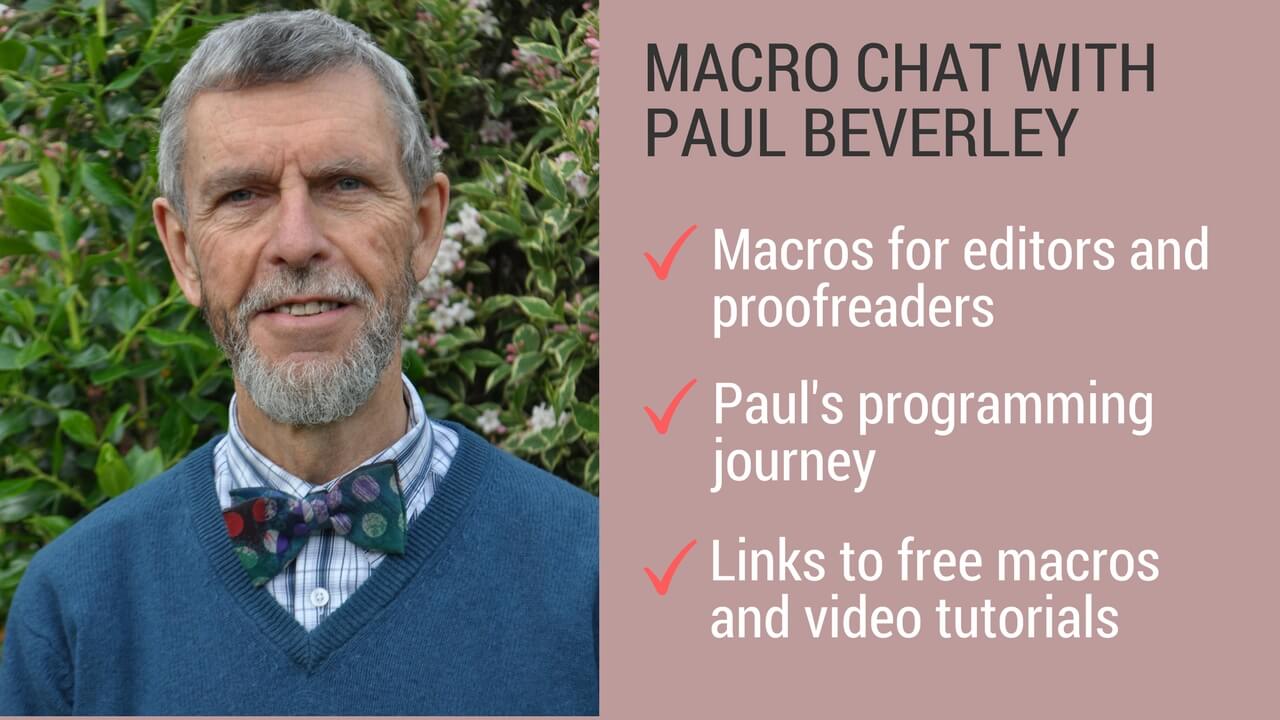









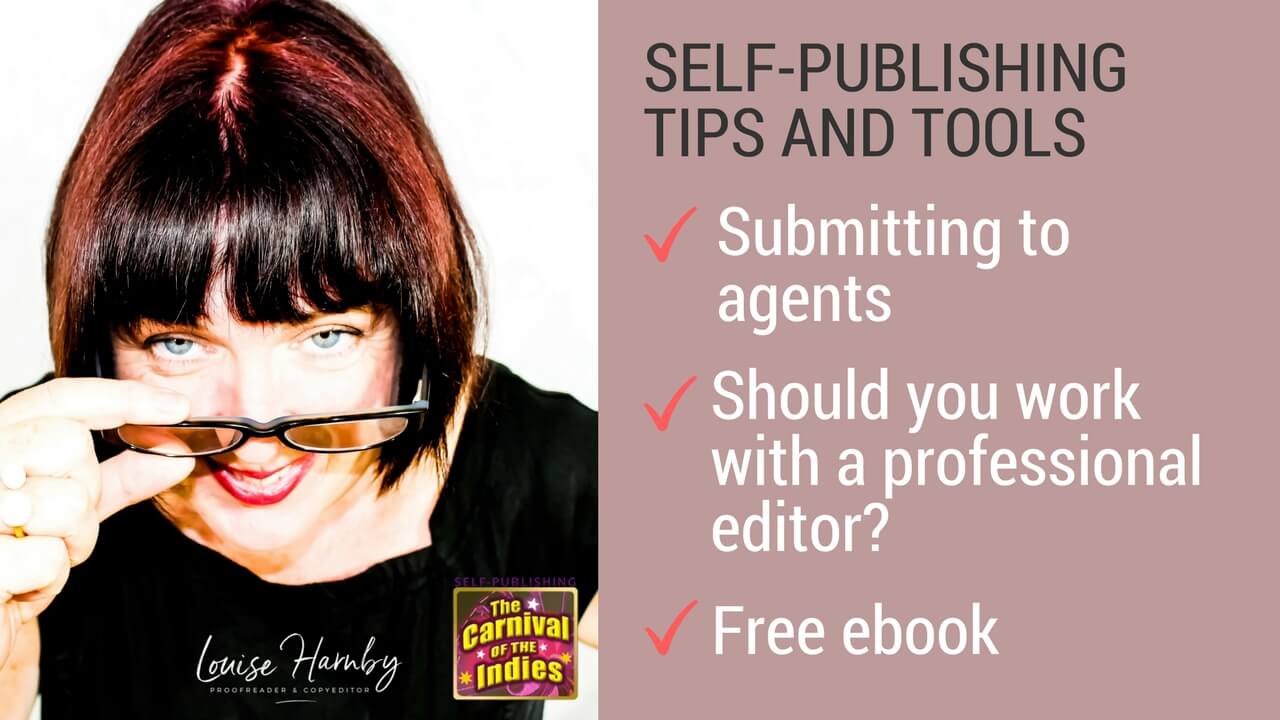
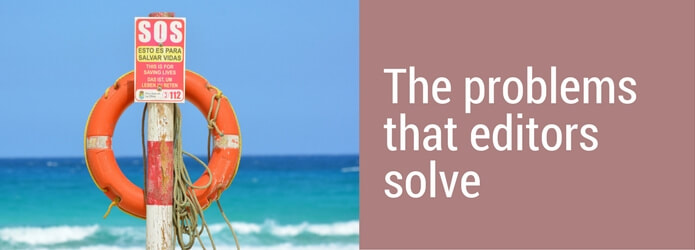





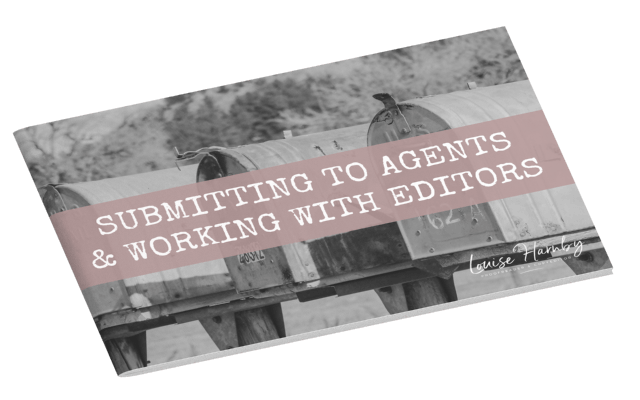
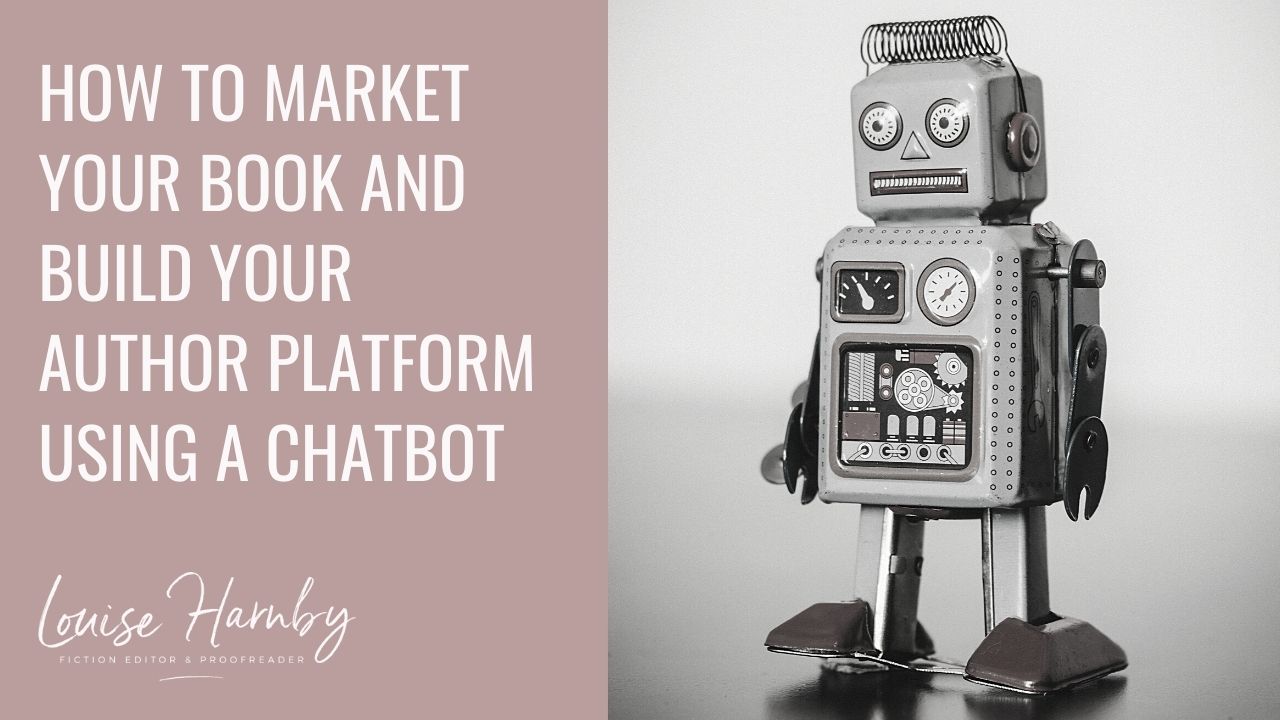

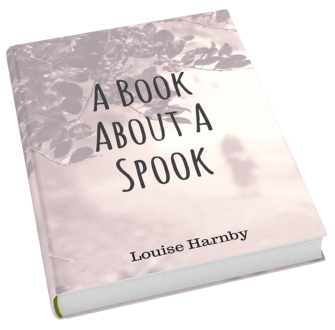
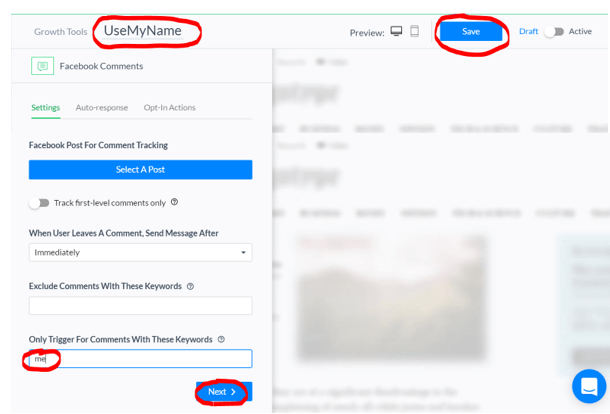
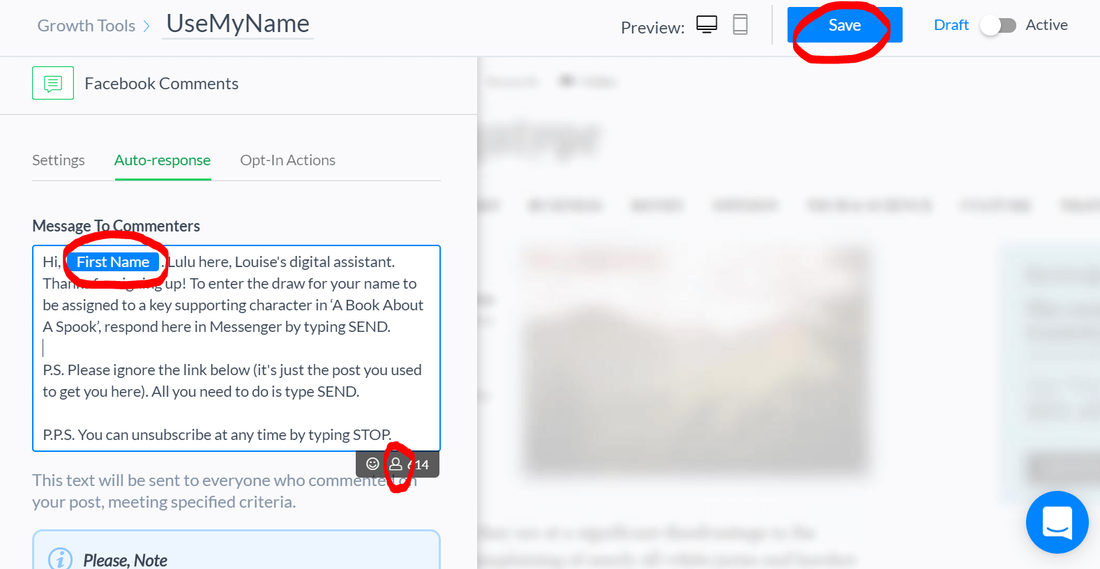
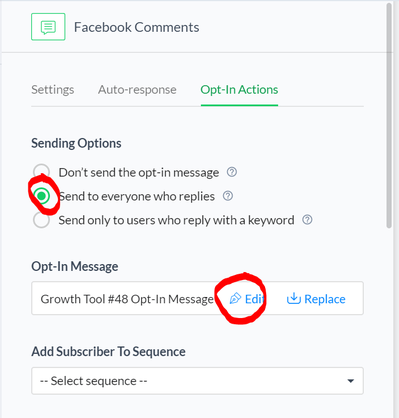
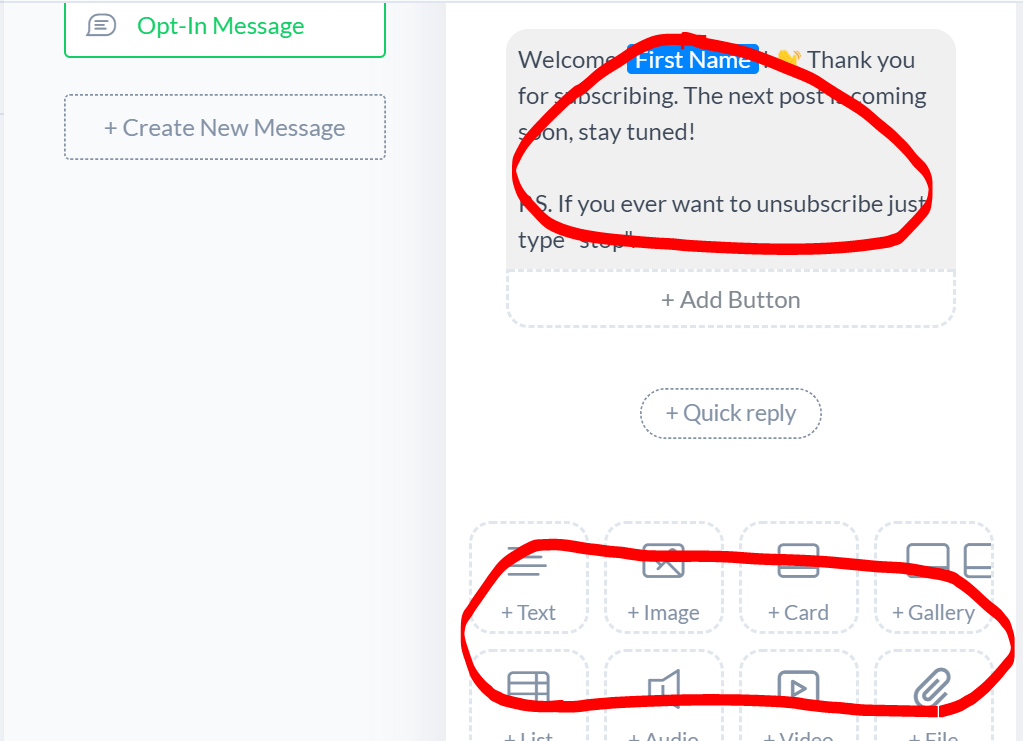
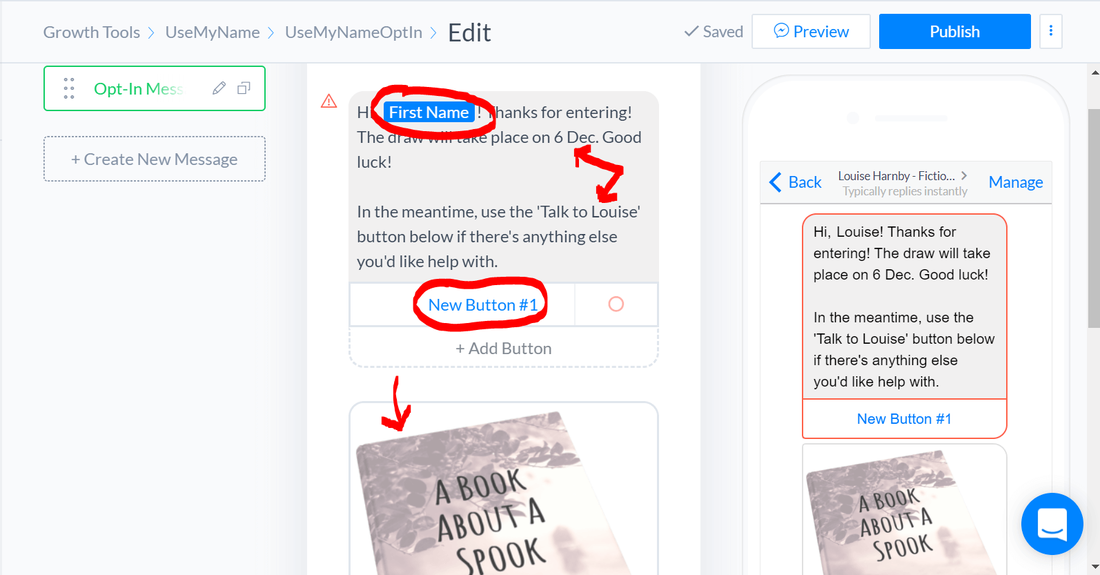
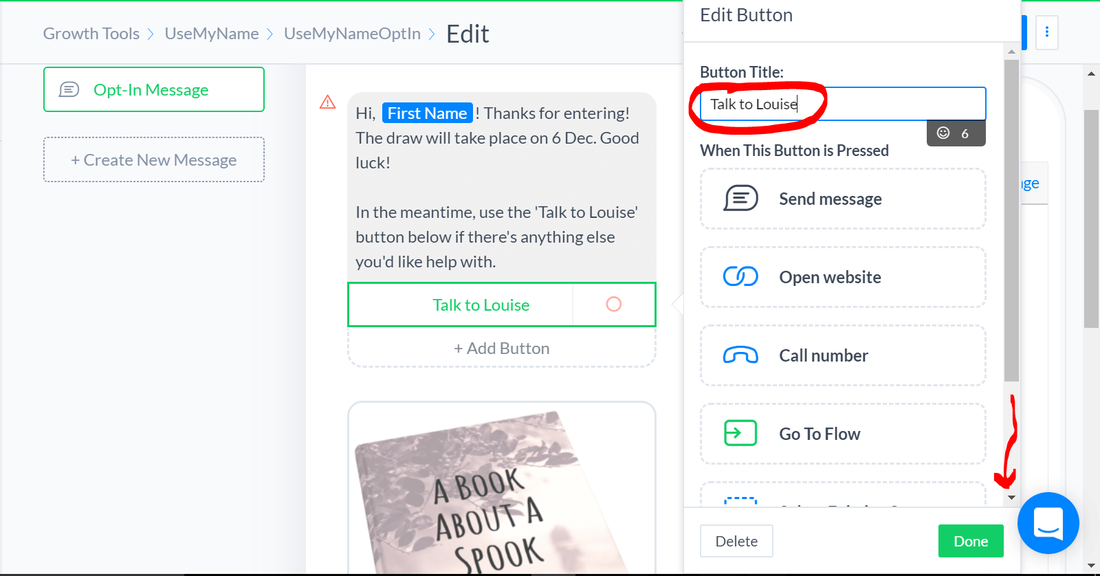
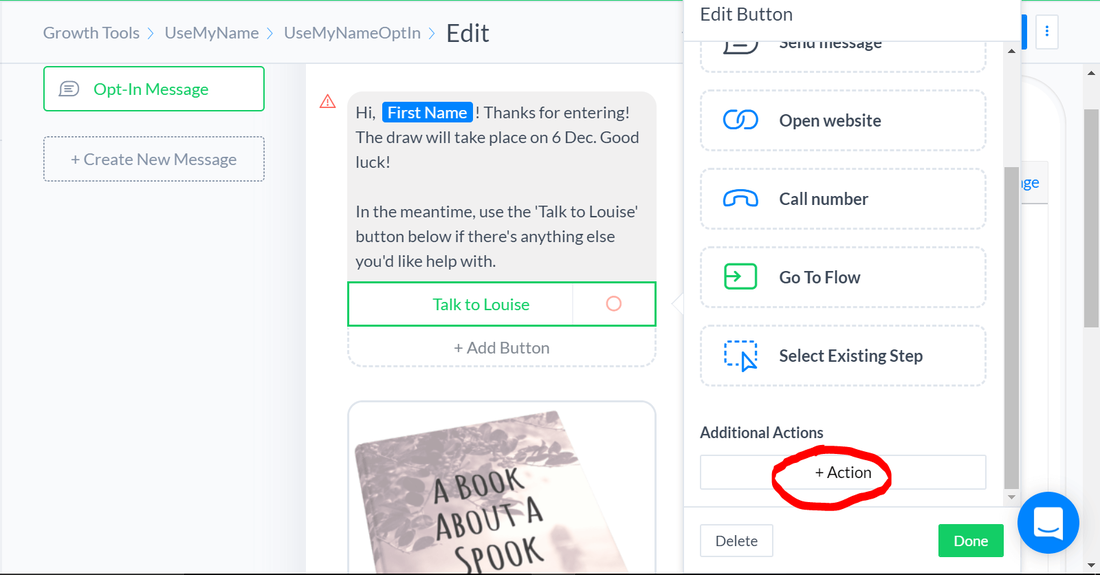
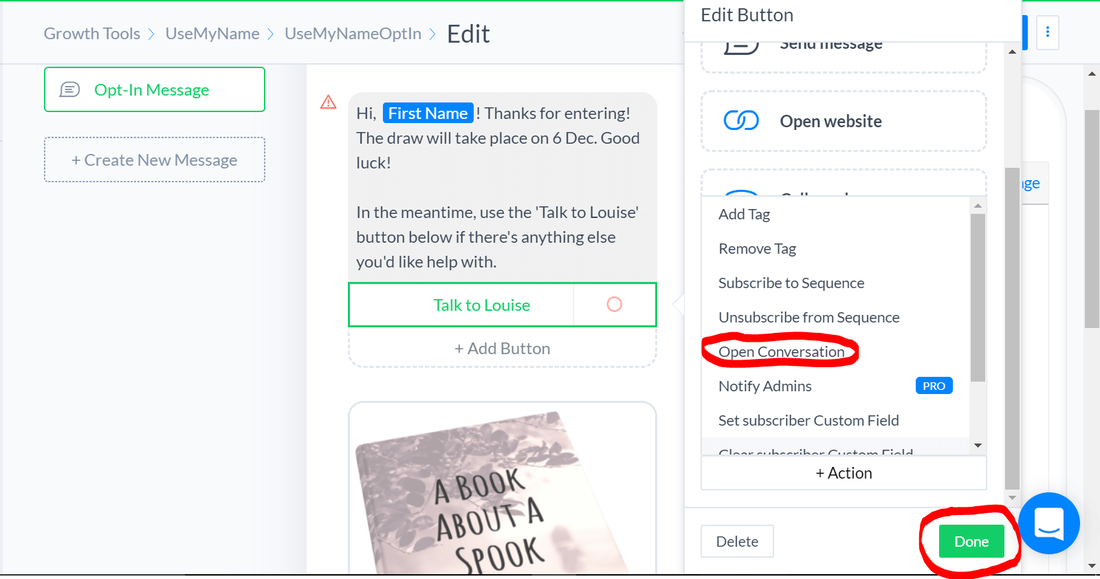
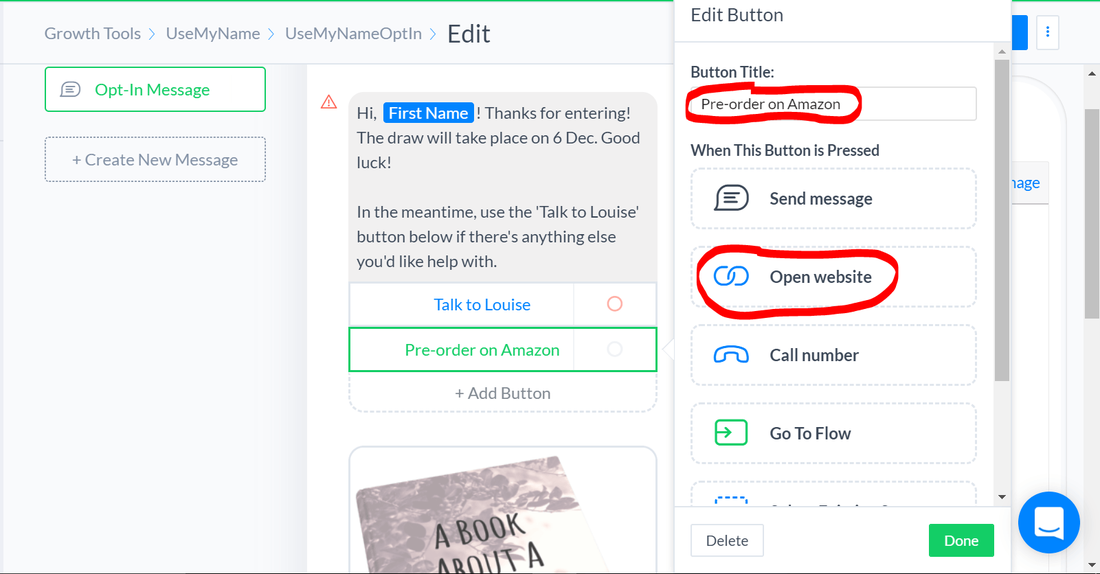
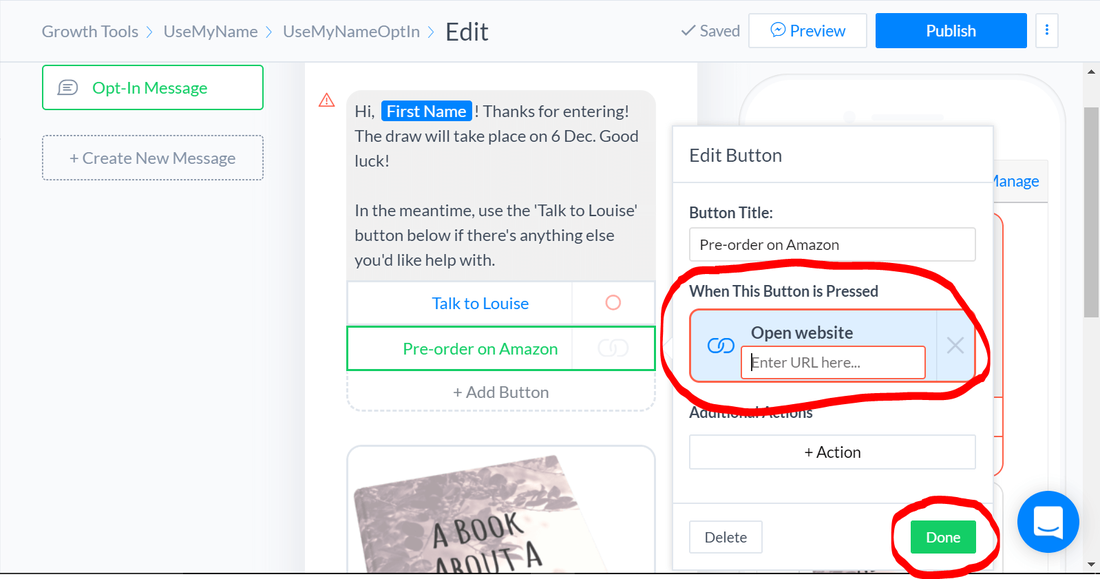
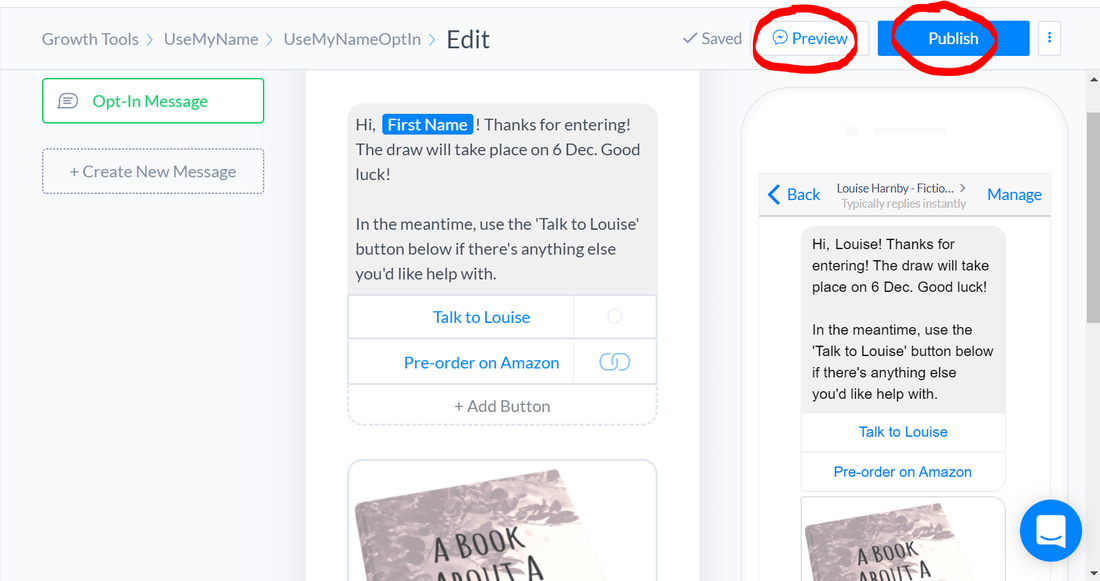
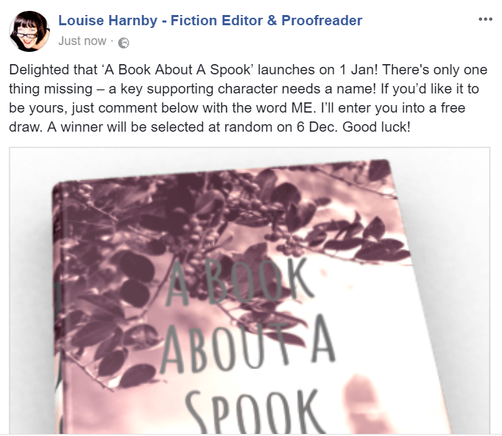
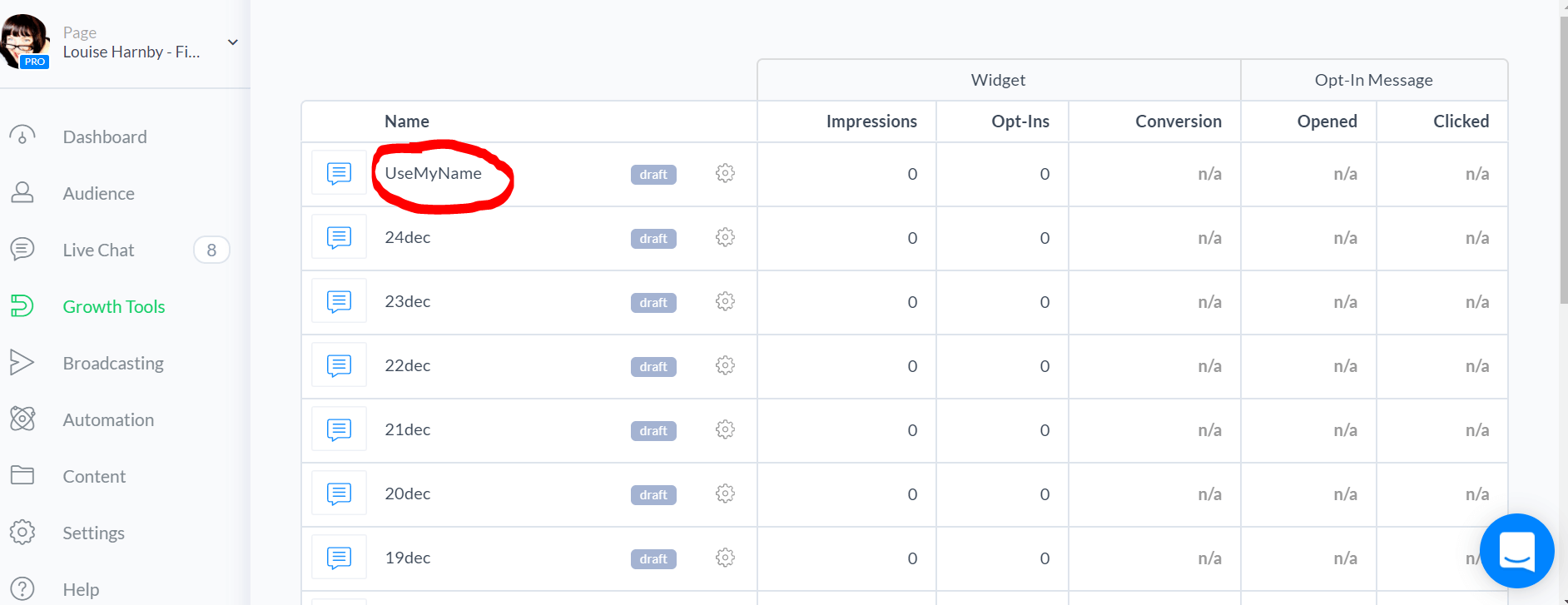
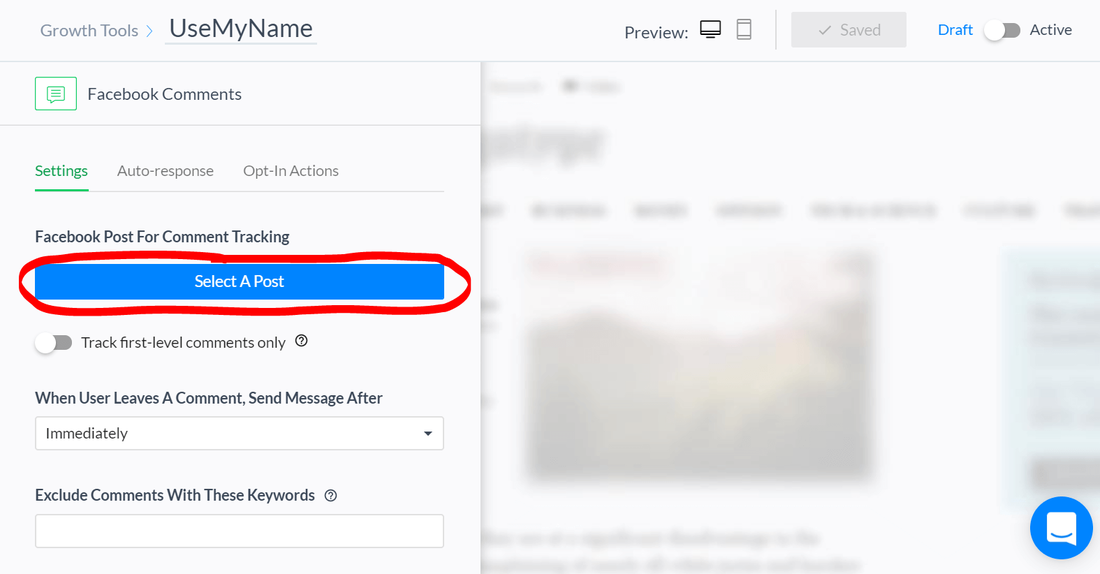
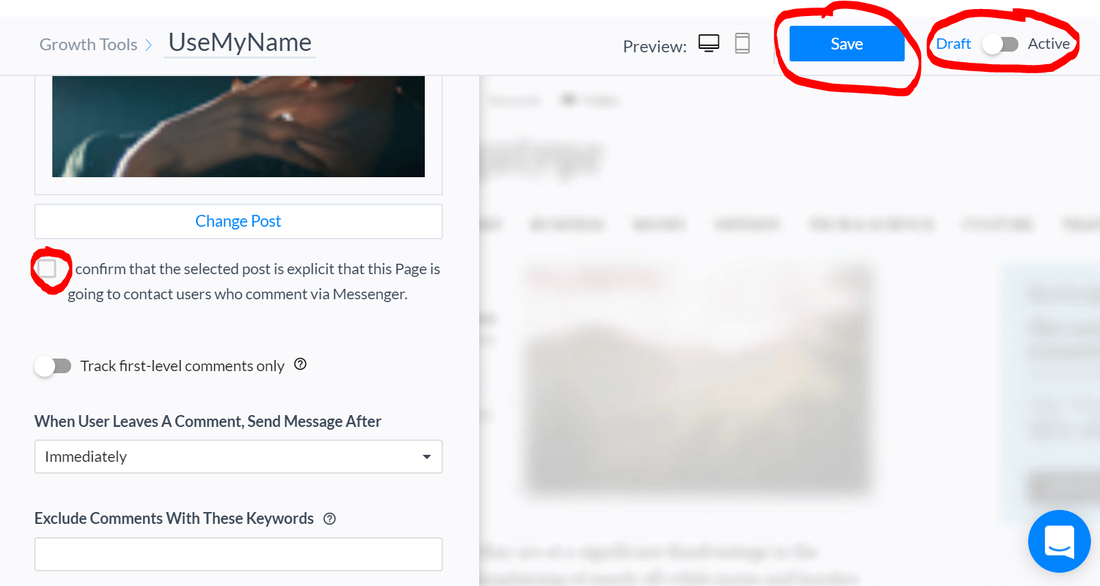

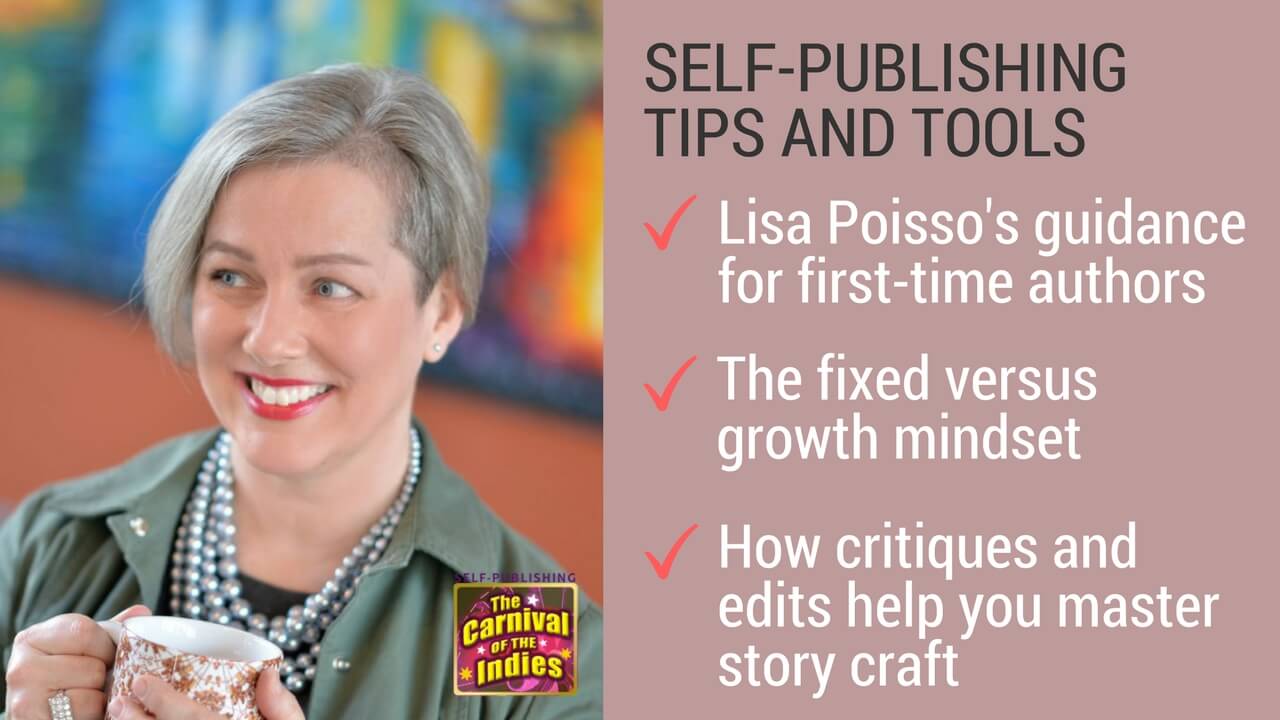
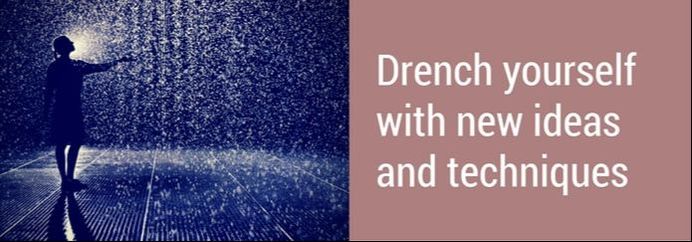
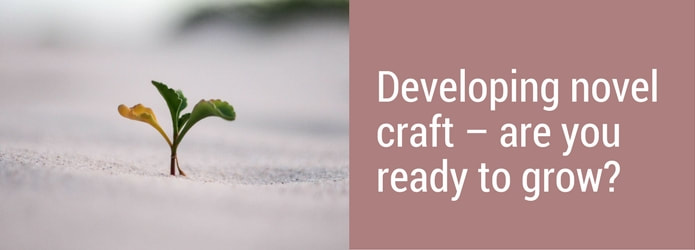
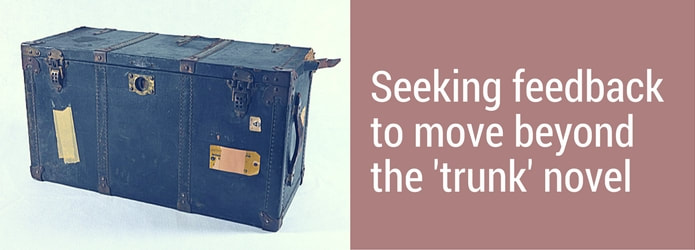















 RSS Feed
RSS Feed





